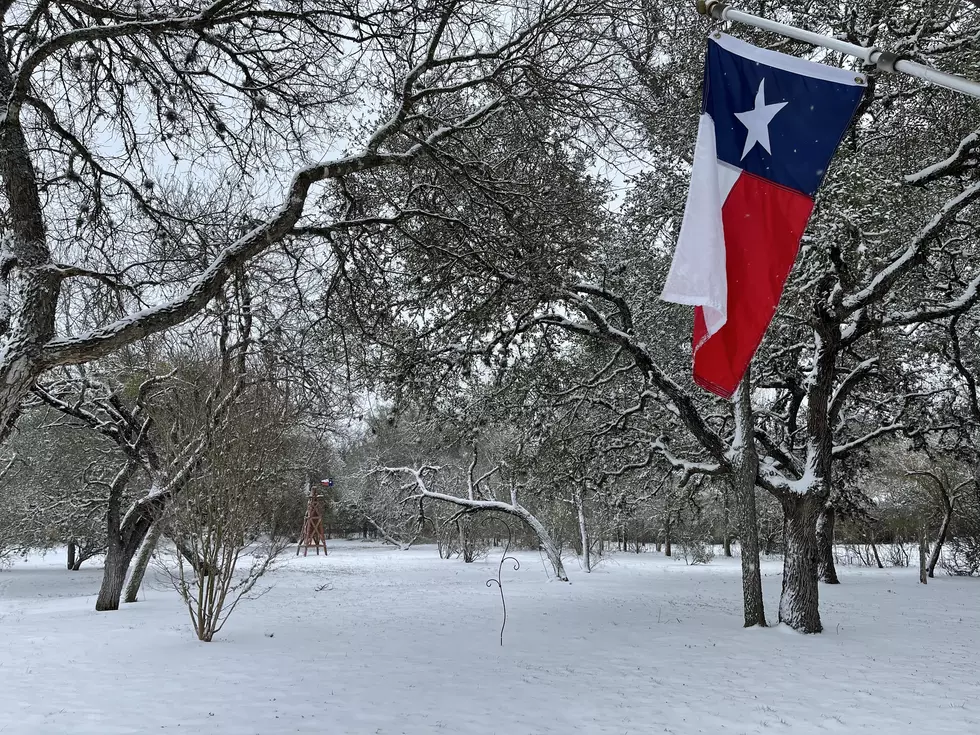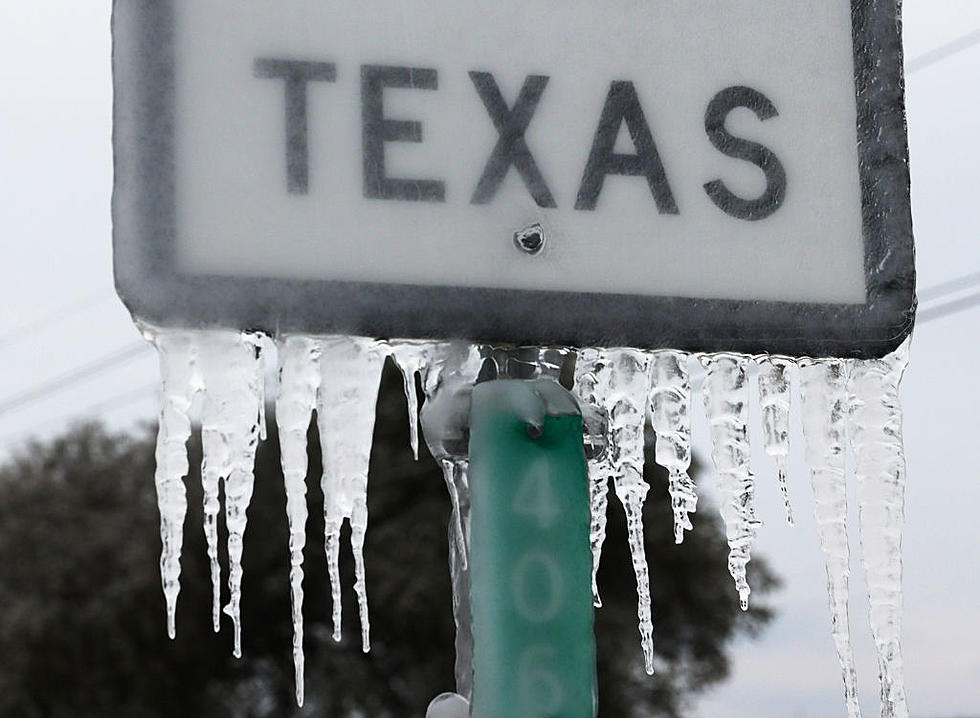
Texas February Freeze Had No Impact on Mosquito Population, This Summer Will Be Like Normal
If you're anything like me when we were freezing our butts off back in February, you were thinking, 'At least the mosquitos won't survive this.' Well guess what? We were wrong.
With the warmer temperatures the past few weeks, you may have noticed the unofficial state bird of Texas is back out. I'm talking about mosquitos. Honestly, do they serve any purpose? Yes I am aware other species eat mosquitos. If mosquitos were to go extinct, would our ecosystem survive? They just seem to be an annoyance every damn year.
By the way, mosquitos love me. I will cover myself in bug spray before I mow my yard and they don't give a damn. I'll look down and I'll have five of these bastards sucking my life force out of me every ten steps. I hate them and I wished they would all die. I was hoping when we dealt with those negative temperatures back in February, we would have less of a mosquito population.

Extension entomologist with Texas A&M Agrilife, Sonjia Swiger said that freeze did nothing to the mosquito population. "Insects are designed to survive whatever temperatures and whatever weather is thrown at them,” she said. "Their eggs are not bothered by weather changes or temperature changes and freezing temperatures. That really doesn’t throw them off their game.” Thanks for nothing deep freeze!
As you know, mosquitos thrive in wetter temperatures and we have gotten a lot of rain here the past few weeks. So they have been loving it. Friendly reminder if you have anything in your backyard that collects water to dump it. Mosquitos love standing water and until we can extract dino DNA from them like in 'Jurassic Park' I want them all to die.
WATCH OUT: These are the deadliest animals in the world
LOOK: Stunning animal photos from around the world
More From 106.3 The Buzz









